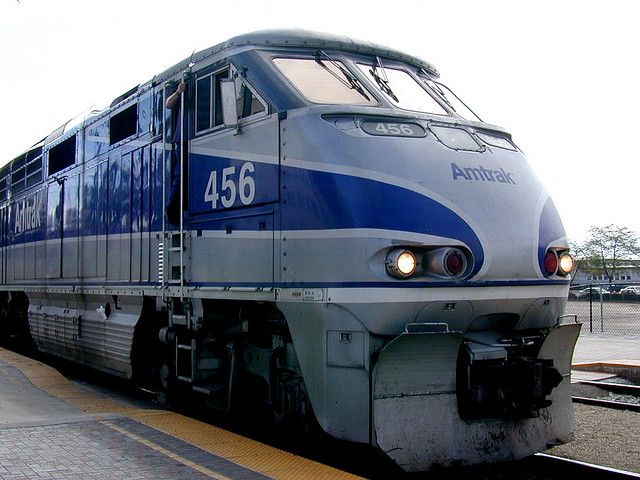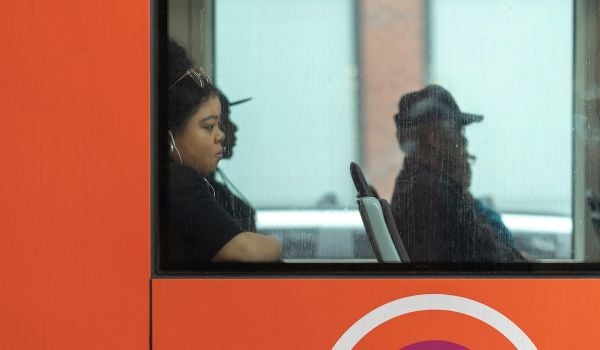Congressman Bill Shuster (R-Penn.), who was confirmed this week as the new chairman of the House Transportation and Infrastructure Committee, sent several signals that he may offer a more cooperative, less partisan model of leadership for the committee than his predecessor, Florida Rep. John Mica.
Shuster told reporters yesterday that Congress needed to consider an increase in the gas tax, a vehicle miles traveled tax, tolling and public-private partnerships in order to fund transportation. He seemed particularly interested in a VMT tax, saying it seemed to be “the only way to stop the decline” in federal transportation revenue over the long term.
The federal gas tax was last increased in 1993 and has not kept up with levels of spending on transportation. In recent years the Highway Trust Fund (which funds both roads and transit) has remained solvent only because of transfers of general tax revenue.
Shuster has been a staunch supporter of privatizing Amtrak, but indicated yesterday that he hoped to find compromise. As The Hill reports:
“I believe there’s a need for passenger rail in this country, especially in these… densely populated corridors around the country,” Shuster said.
“The debate in Congress over the last 40 years since Amtrak was created…a lot of Republicans say ‘it’s a disaster, sell it off, let the private sector do it’,” he continued. “My Democratic colleagues say ‘there is no passenger rail system in the world that is not subsidized. They’re correct in saying that, but I think there’s somewhere in the middle we can come together on this and that’s where you have to find the reforms.”
The federal legislation that sets policy and funding levels for Amtrak and rail programs, PRIIA (the Passenger Rail Investment and Improvement Act), expires next year. A new rail bill will be high on a long to-do list for transportation policymakers in Washington.
National transportation advocates have been cautiously optimistic about Shuster. David Goldberg of Transportation for America called him “a thoughtful person who has genuine interest and expertise in the issues.” But advocates are also worried about what they see as the new chairman’s hostility to bike and pedestrian funding.

Steven Higashide is one of America’s leading experts on public transportation and the people who use it. As director of research for the national foundation TransitCenter, Higashide has authored groundbreaking reports that have redefined how decision-makers and journalists understand transit. He has taken the bus in 28 cities around the US and the world.





_600_350_80_s_c1.jpg)










